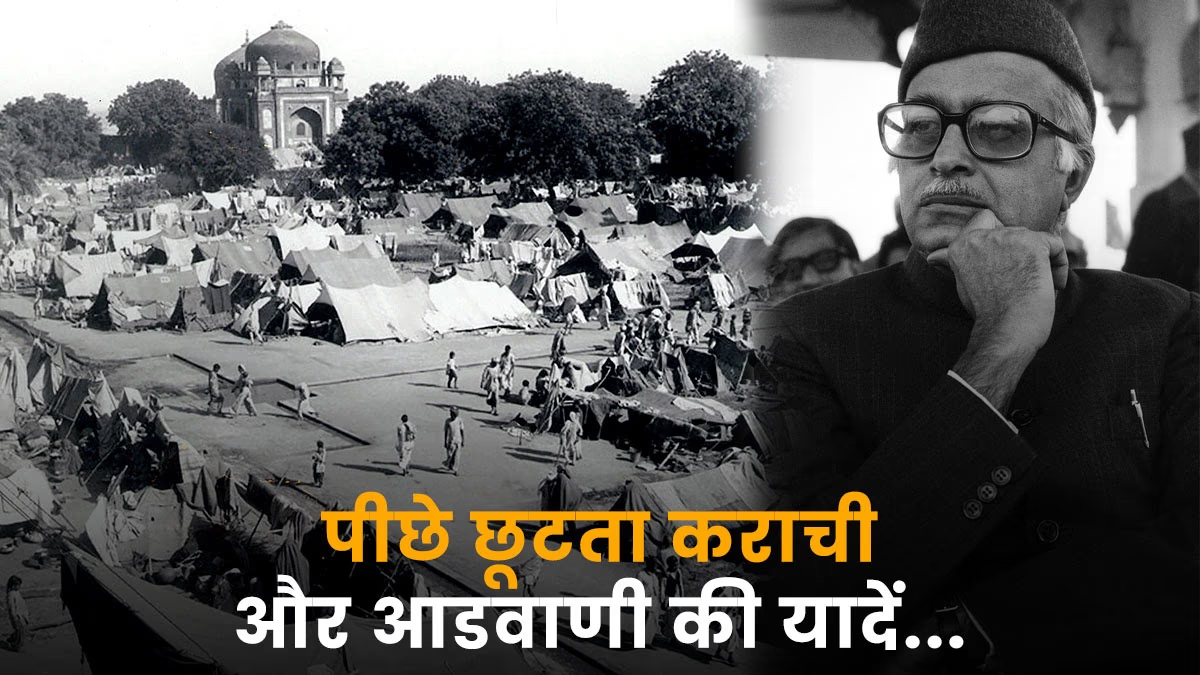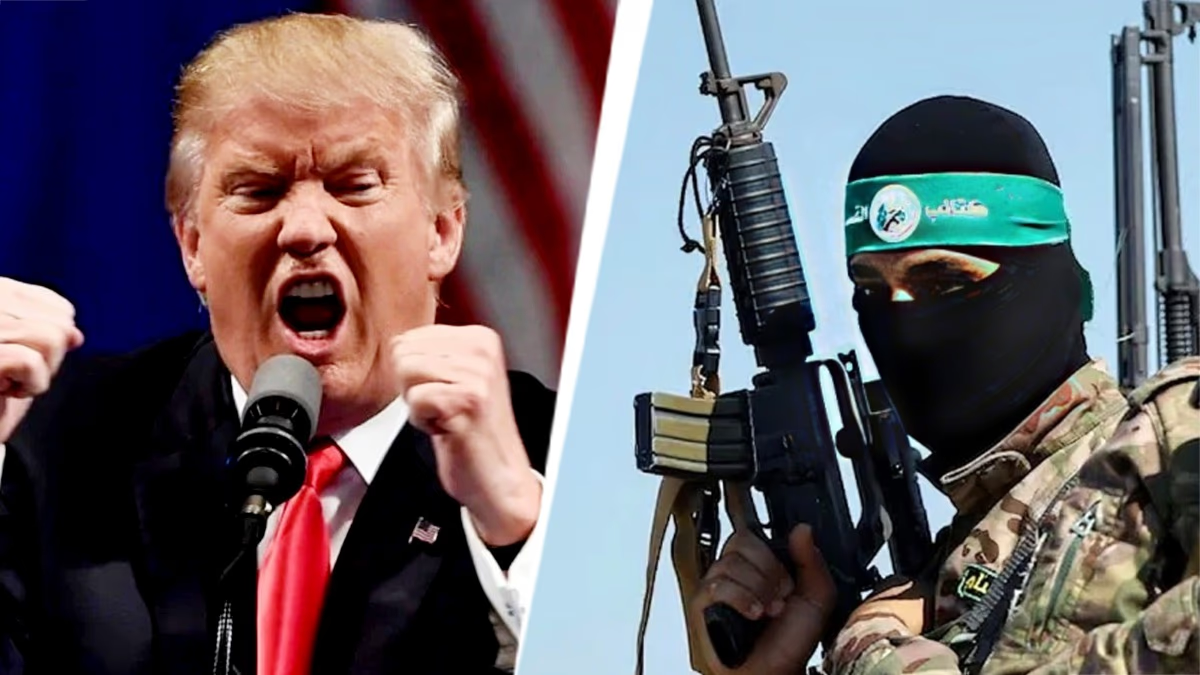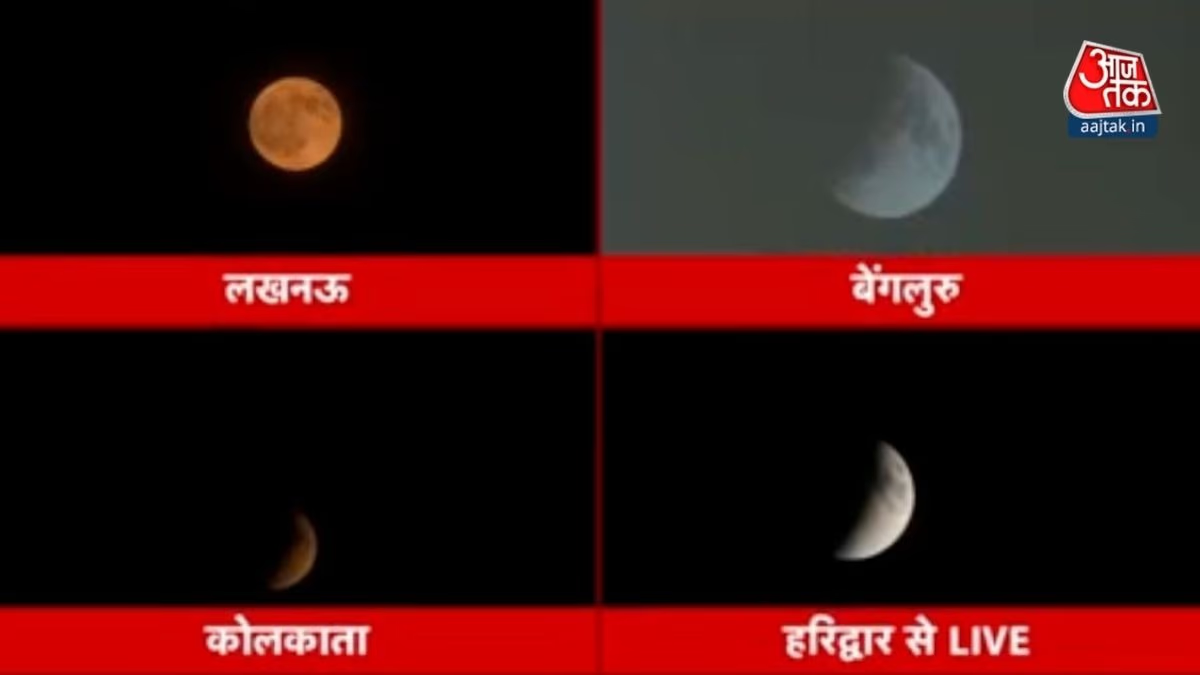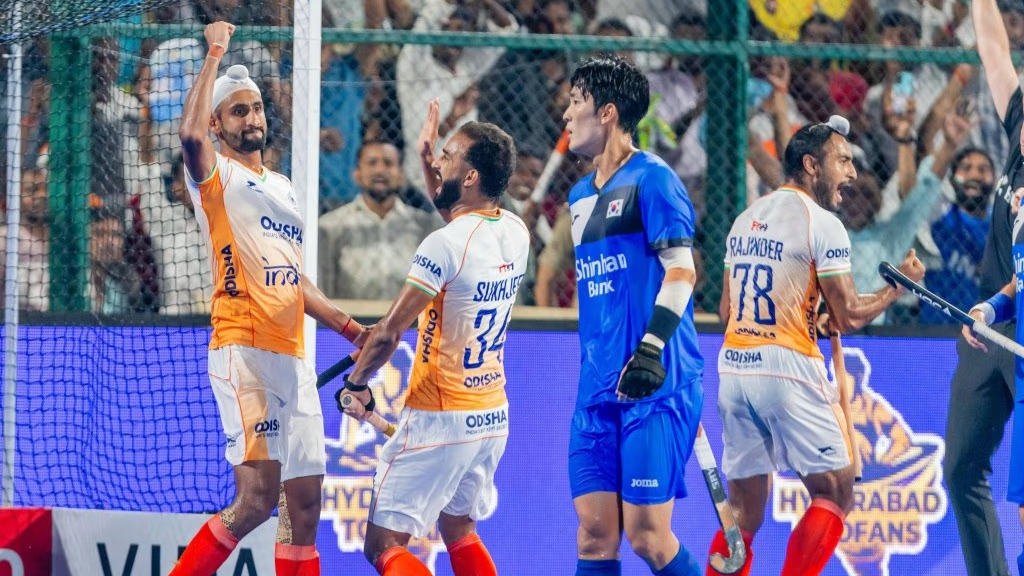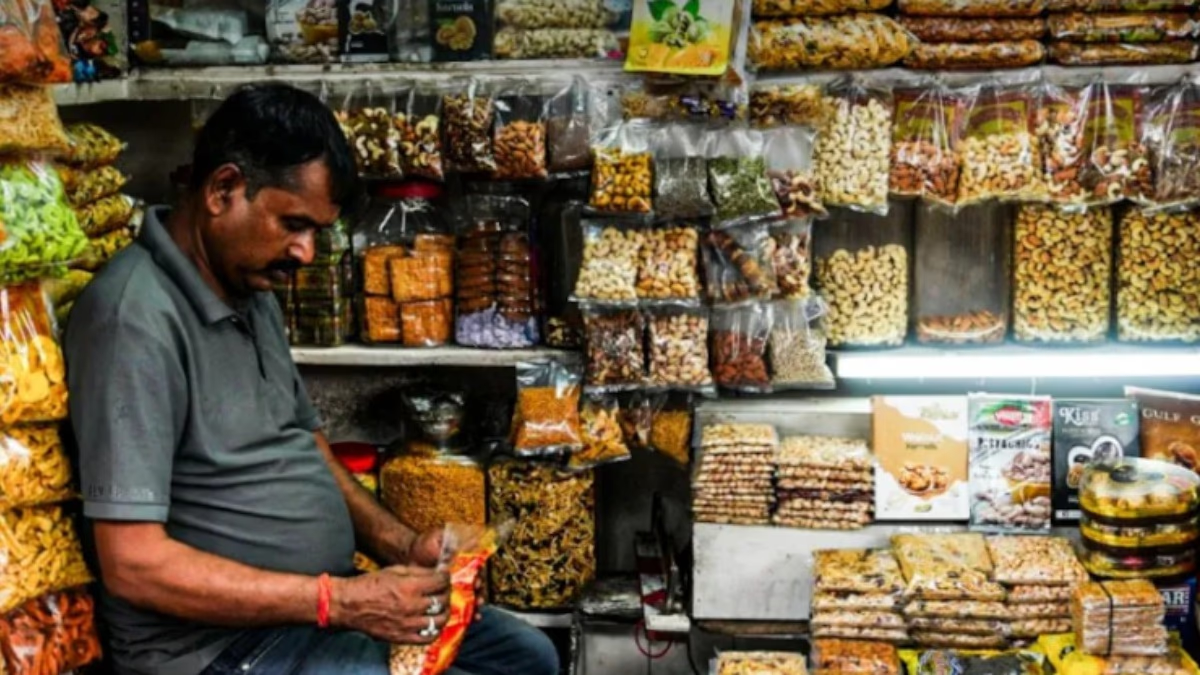"I saw the corpse of a man killed with a dagger, another body nearby, and then a third... It was shocking and painful for me, as it was the first time I saw bodies lying on the streets." When 19-year-old Lal Krishna Advani toured Karachi by motorcycle and witnessed these scenes, he was stunned. This young Sindhi did not want to imprint such a picture of Sindh in his mind.
But who can alter the course of history? History was made on August 14, 1947, when Jinnah's communal politics succeeded in bifurcating India. Following this, the Islamic Republic of Pakistan was born, which celebrates its 78th anniversary today.
'How cursed is my fate'
Seeing his birthplace Karachi becoming part of Pakistan, Advani expressed his pain in his autobiography 'My Country, My Life': 'How cursed is my fate, I couldn't even celebrate August 15, despite dreaming of this day for the past five years since becoming an RSS volunteer.'
Most of Karachi's Hindu neighborhoods remained somber and quiet that day, although there were fireworks a little distance away.
It was a strange twist of fate that a stanch nationalist like Advani had to stay in Pakistan for almost 28 days, a country formed on an ideology he strongly opposed.
Pakistan was established on August 14, and Advani left Karachi on September 12, 1947. He permanently moved to Delhi, taking with him the tag of a refugee and the pain of displacement. Author Vinay Sitapati writes in his book 'Jugalbandi', "He was one of the few refugees flown to Delhi by British Overseas Airways Corporation's propeller plane. Leaving home and seeing his family disbanded deeply hurt Advani."
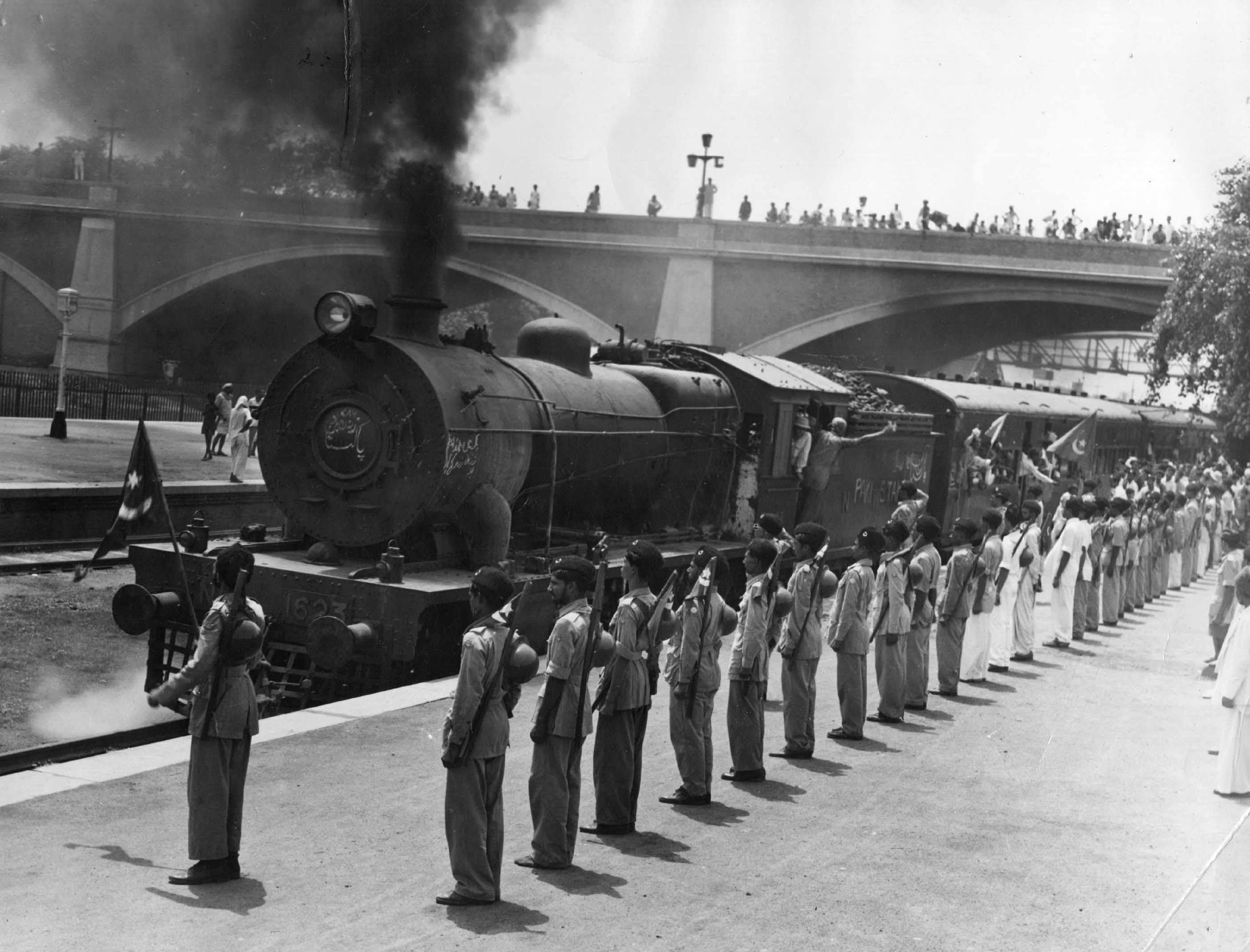
Source: aajtak
Lal Krishna Advani left Karachi in 1947, but his future wife Kamala Jagatiani’s family stayed there until 1948. They left only after witnessing violence in their neighborhood. Kamala recalled to her friend, 'I remember we left Karachi in 1948, after seeing a Gurudwara burning outside our home.' Kamala married Advani in 1965.
Hindu children refused to take sweets in school
So, what was Advani, born in Karachi in 1927, doing on August 14, 1947? Already an active RSS member, how does he remember that day? March 1997, American journalist Andrew Whitehead asked Advani this question. In response, Advani expressed the sorrow of Partition. He said, "Yes, I was there that day, but there was no enthusiasm in my mind, no happiness about India's independence. I remember many Hindu children refusing to accept the sweets distributed in school. We felt, this is no freedom, today is no day of joy.”
In 'My Country-My Life,' Advani writes-
'No, we won't eat these sweets,' Hindu children in Karachi schools clearly said. When children collectively refuse sweets, you know something is terribly wrong. There was an atmosphere of fear and uncertainty everywhere. I roamed various Hindu colonies on my motorcycle; the scene was the same everywhere. Everyone had the same question, what will happen now?”
Notably, Jinnah was in Karachi on August 14, addressing the Pakistan Constituent Assembly in the Sindh Assembly Building, proclaiming Pakistan as an independent nation.
Did you not go to see Jinnah?
Andrew Whitehead tried probing Advani’s feelings in the interview. He asked Advani if he went to see Muhammad Ali Jinnah on August 14.
In reply, Advani said,
"No, I didn't go anywhere. I didn't attend any event. And I believe most Hindus felt the same way."
Whitehead further asked if Advani ever saw Jinnah face-to-face. Advani replied that he never saw Jinnah in person, only in pictures and posters.
RSS rally in Karachi just 9 days before August 14
Interestingly, just 9 days earlier, on August 5, the RSS conducted a significant rally in Karachi. RSS leaders came to assess the situation in the new Pakistan. As Vinay Sitapati writes in 'Jugalbandi,' "Advani, then Karachi's RSS in-charge, led a massive rally, welcoming RSS chief Golwalkar at the railway station amidst a crowd of one lakh anxious Hindus. Advani commanded ten thousand uniformed RSS members.”
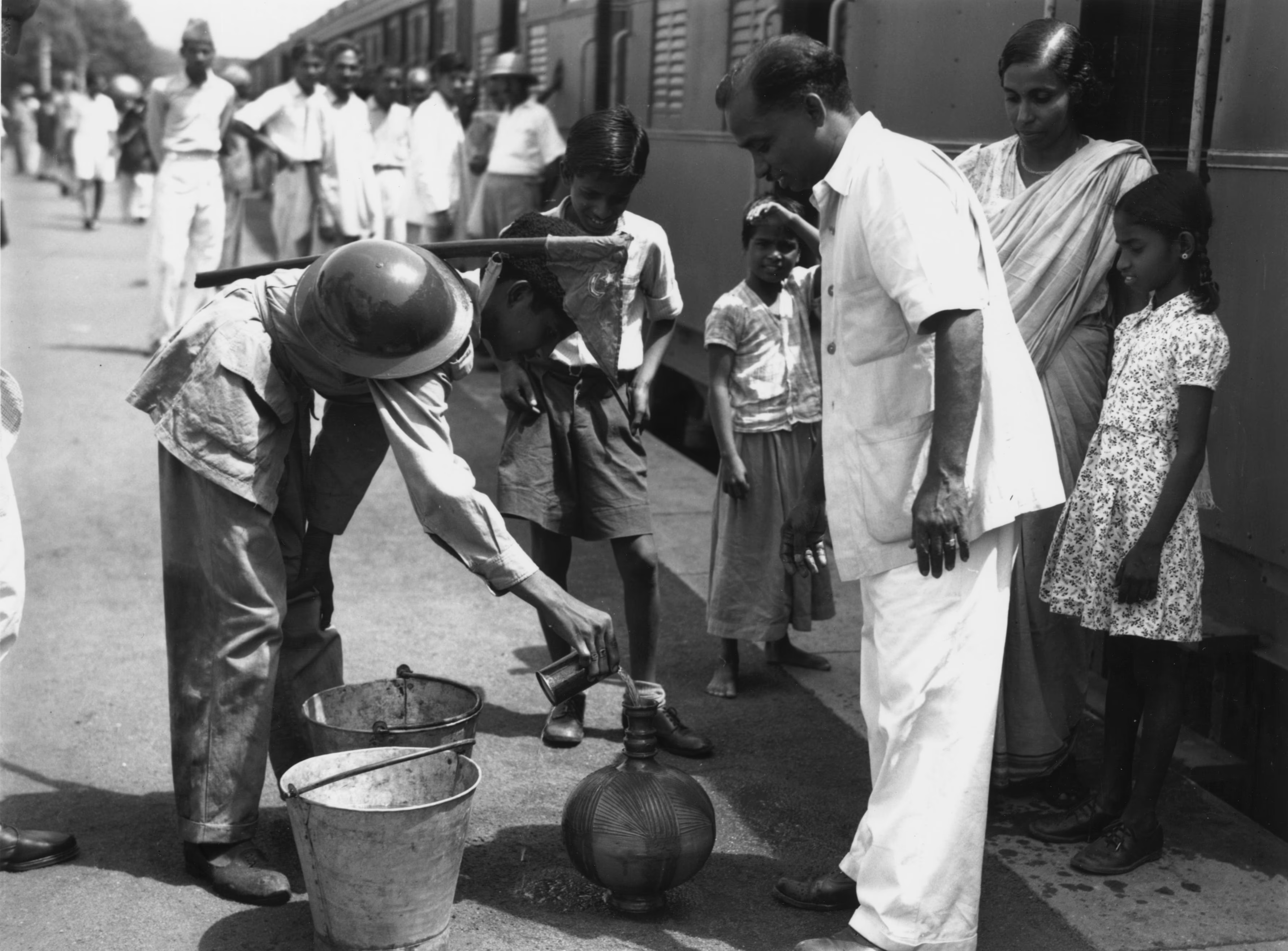
Source: aajtak
The RSS chief's visit was intended to reassure the anxious Hindus amid Partition fears. On August 5, 1947, joined by Advani, the RSS held a massive and peaceful rally in Karachi, symbolizing hope in dire times.
Advani highlighted the difference between the atmosphere in Punjab and Sindh. While Punjab was burning from partition violence, Sindh remained relatively peaceful till mid-August.
According to Advani, signs of an impending partition were evident by early 1947. By April and May, it was clear that partition was inevitable. The idea of Sindh being part of Pakistan and the division of India was deeply distressing for most of us. It was a concept we couldn't easily accept.
We didn't want to leave Karachi
He told Andrew Whitehead, "Looking back, there was a sense of uncertainty. Our decision was to stay in Karachi since, unlike Punjab which experienced riots even before Partition, there were no riots in Sindh post-Partition. The riots began in January 1948. Punjab or Bengal witnessed severe violence, but we didn't experience the same in Sindh. Therefore, during Partition, there was an uncertainty about the future, but the sentiment was, why should we leave? We will stay, we will remain here."
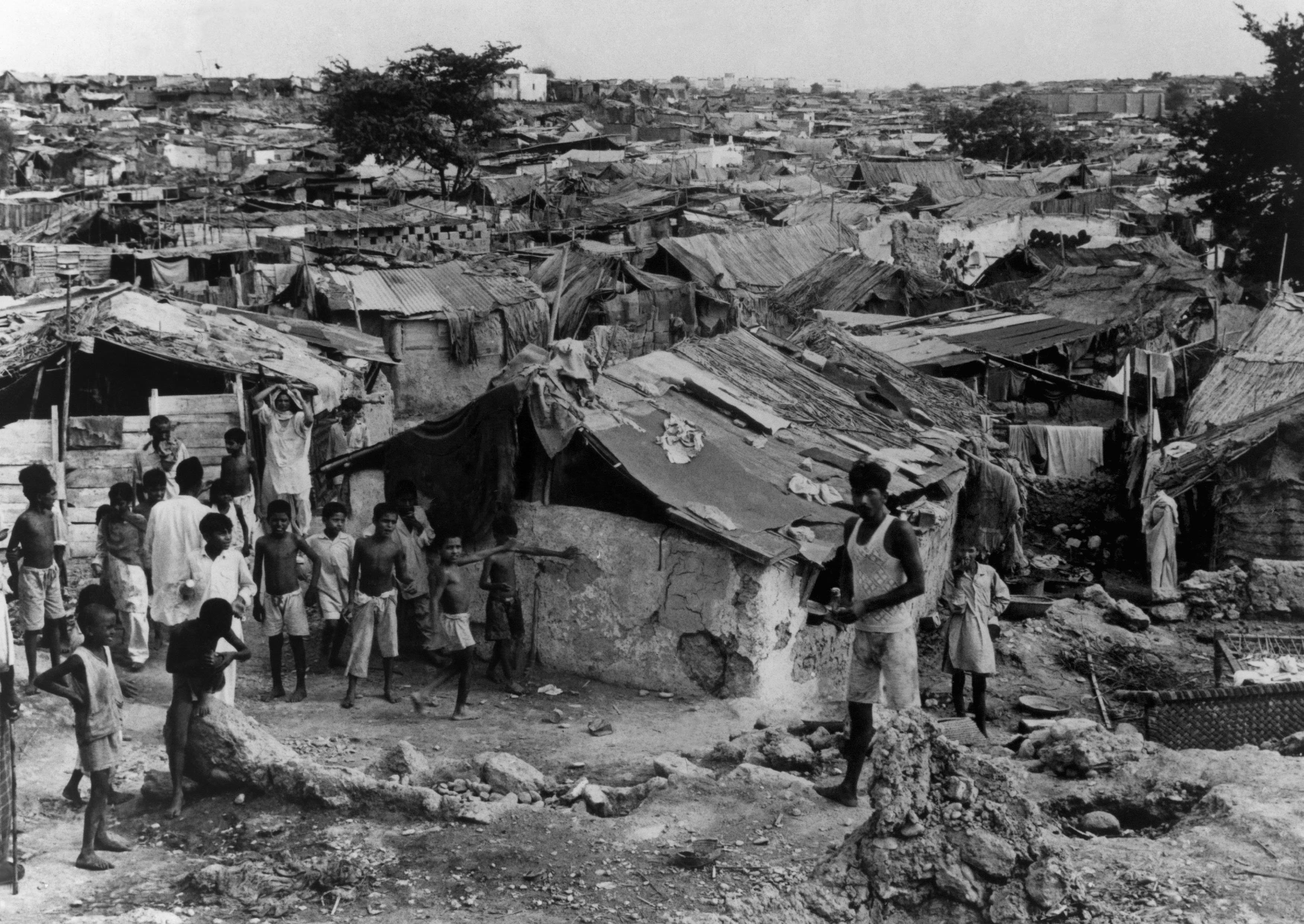
Source: aajtak
However, a blast in Karachi altered this thinking. Advani told Whitehead, 'Perhaps the entire Hindu community in Sindh changed their views after a blast in Karachi in September. The RSS was wrongly accused of this act, being a member, I was also affected. A Pakistani newspaper, Dawn, headlined, 'RSS Plot to Blow Up Pakistan Unearthed.' This event confirmed Advani's decision to leave his birthplace. A few days later, on September 12, 1947, he took a flight from Karachi to Delhi. Advani wasn't even 20 then.
The outcome of Jinnah's communalism
Jinnah arrived in Karachi from Delhi on August 7, 1947. He was welcomed like a hero. Historian Bipin Chandra in his book,
'India's Struggle for Independence'
, unveils communal politics by exemplifying Jinnah. He explains that communalism's path is a slippery slope, and without deliberate efforts to counteract it, one will slide down.
According to Chandra, 'Once communal ideology is accepted, regardless of personal wishes, it starts dictating one's actions. Otherwise, there was no reason for a barrister like Jinnah, who returned to India in 1906 and was once called the ambassador of Hindu-Muslim unity by Sarojini Naidu, to later demand Pakistan and adopt extremist language.'
The tragedy of Partition
The Partition's calamity initiated an endless cycle of human suffering in India and Pakistan. Remembering this pain, India observes Partition Horrors Remembrance Day. The process displaced nearly 15 million Hindus, Sikhs, and Muslims. One crore people were rendered homeless. In Western Punjab, Hindus and Sikhs had to forsake 2.7 million hectares of land, while Muslims in Eastern Punjab lost 1.9 million hectares. Numerous instances of sexual violence and abduction occurred on both sides, and over 1 million people perished.
Even after 77 years, stories of families reunited after Partition still evoke deep emotional responses.
